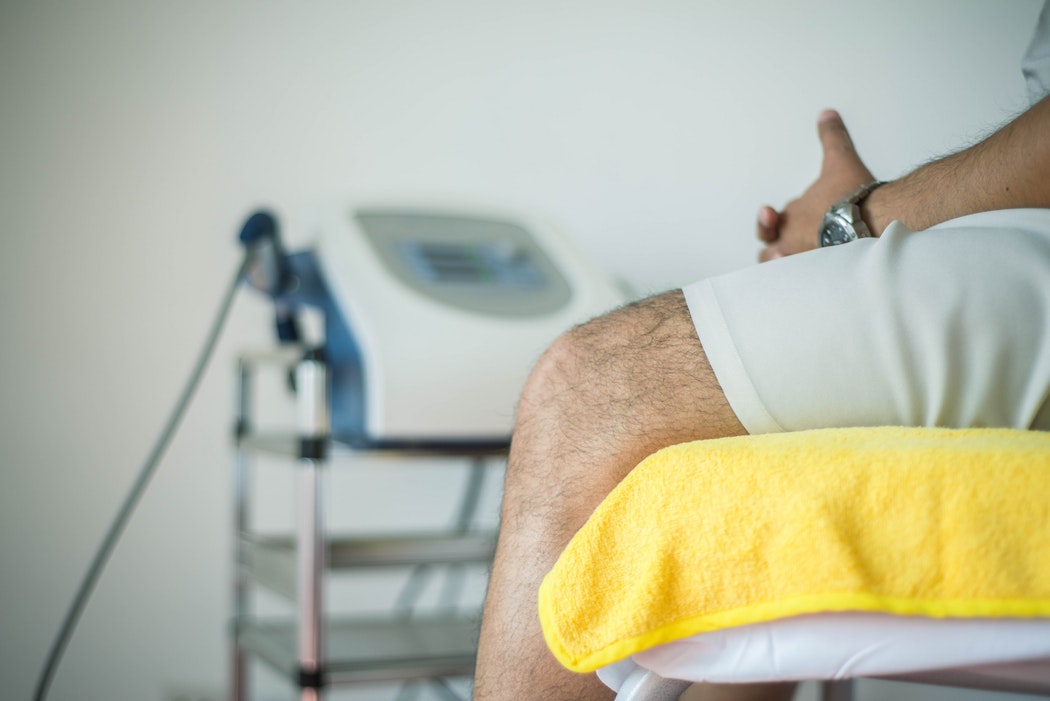
5 Do’s and Don’ts After Knee Surgery
After knee surgery, you will be encounter challenges and pain during recovery state. it will seem difficult, and maybe even impossible at times, try to remember what happens after your surgery is important as the key to success of the procedure as the surgery itself. Here are some do’s and don’ts to help you along the road to recovery:
Do take rehabilitation seriously
It is important to follow your doctor’s instructions carefully, this includes exercises need to be performed given by your physical therapist. Experts say 50 percent of a positive outcome is solely dependent on the patient’s patience and willingness to cooperate with physical therapist and rehab. Taking prescribed medications and rest are also important to heal your knee effectively.
Do use ice and heat
Knee swelling after surgery can last for 3 to 6 months, to reduce inflammation and pain we recommended you use an ice pack. Use ice pack on your swelling knee 3 to 4 times a day for 15 minutes for the first few days after surgery. After the beginning stage of swelling has gone down, switch between ice and heat to relax the muscles and ease the stiffness. Ask for advice from your doctor if ice doesn’t help with swelling.
Do strive to be healthiest self
Always keep your body in healthy condition to reduce healing time after surgery. Cut smoking if you do smoke because smoking shrinks your blood vessels, which extend your healing process. Avoid drinking alcohol if you are taking narcotic pain or blood tinner medications. Do some exercises to strengthen your muscles and improve overall blood flow after your doctor give you the green light.
DON’T put unnecessary stress on your knee
Avoid lifting heavy objects and twisting your knee by turn to face another direction. Be cautious of your form when you bend down, kneel and sit. Stop any intensive training exercises such as running, hiking, and etc. Avoid putting additional stress on your knee. update your physical therapist about your movements so that he or she can help you learn how to perform them
DON’T schedule other surgical procedures while you’re recovering
Consult your physician before scheduling any surgical procedures or dental work, mainly on your bladder or intestines, as these may lead to infection in your healing knee. It could be dangerous if your wound is infected which could be much more problem if the future.








